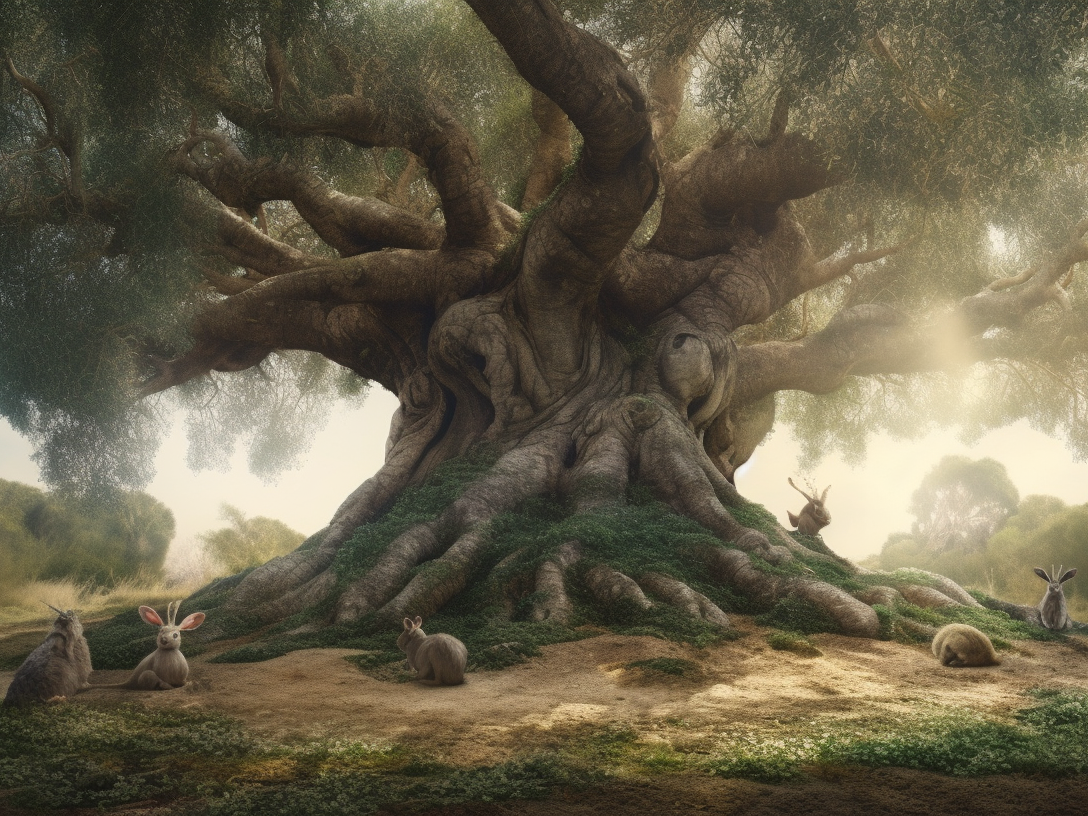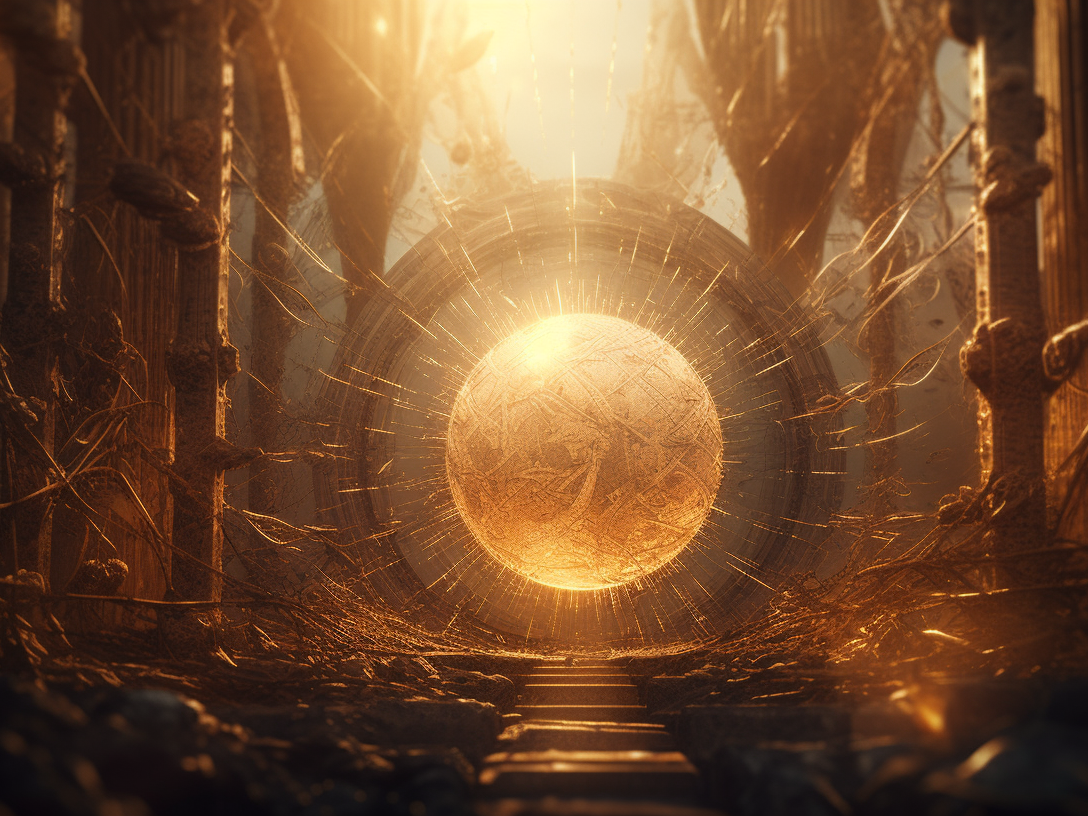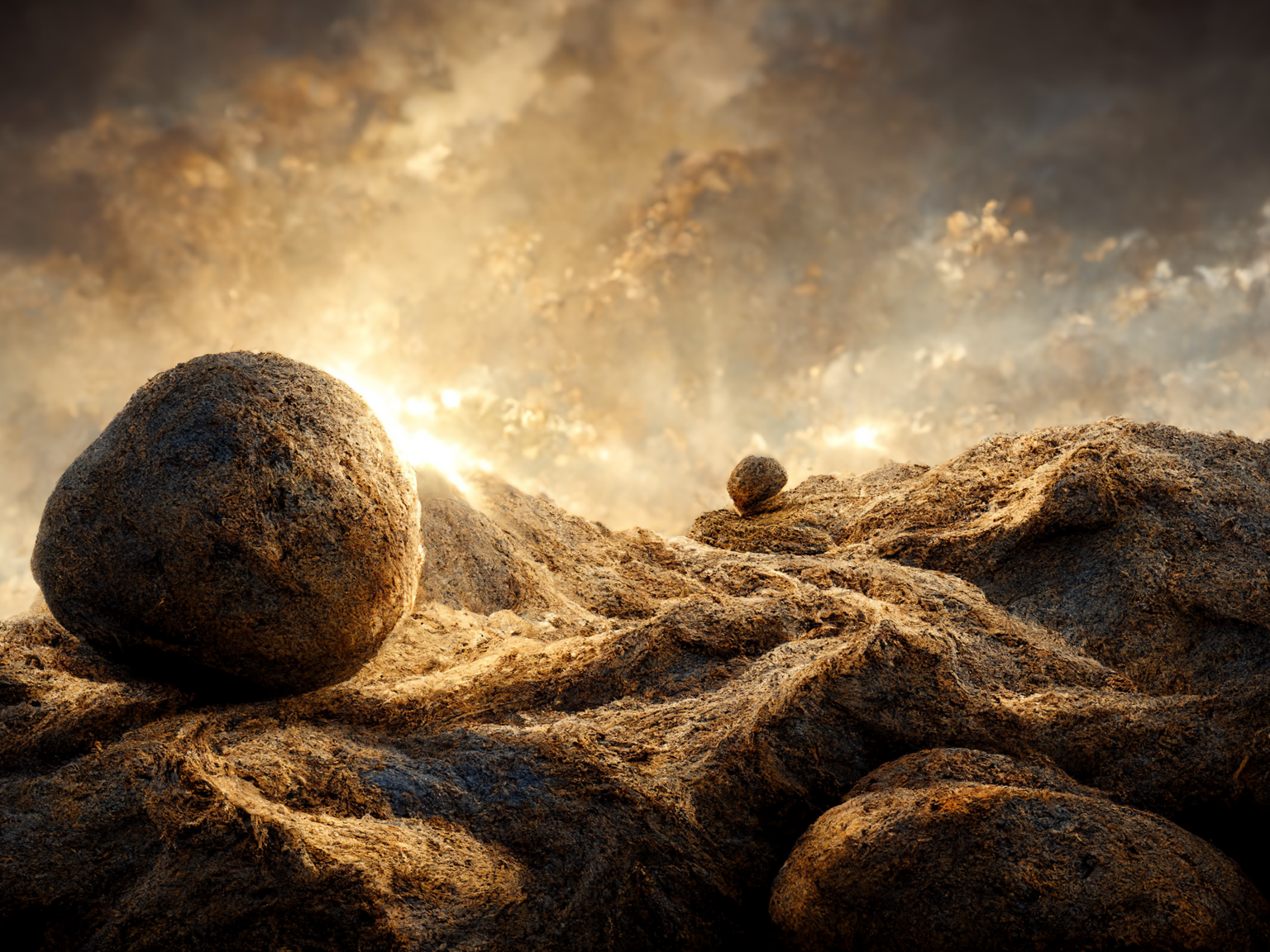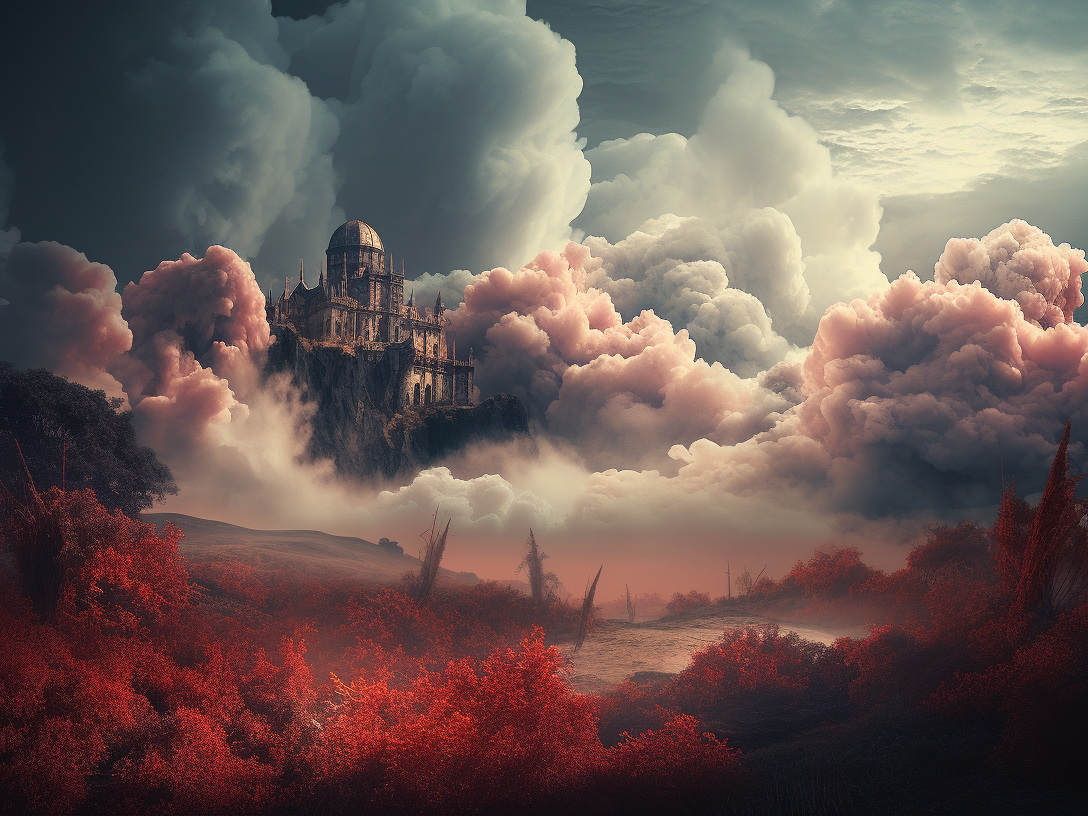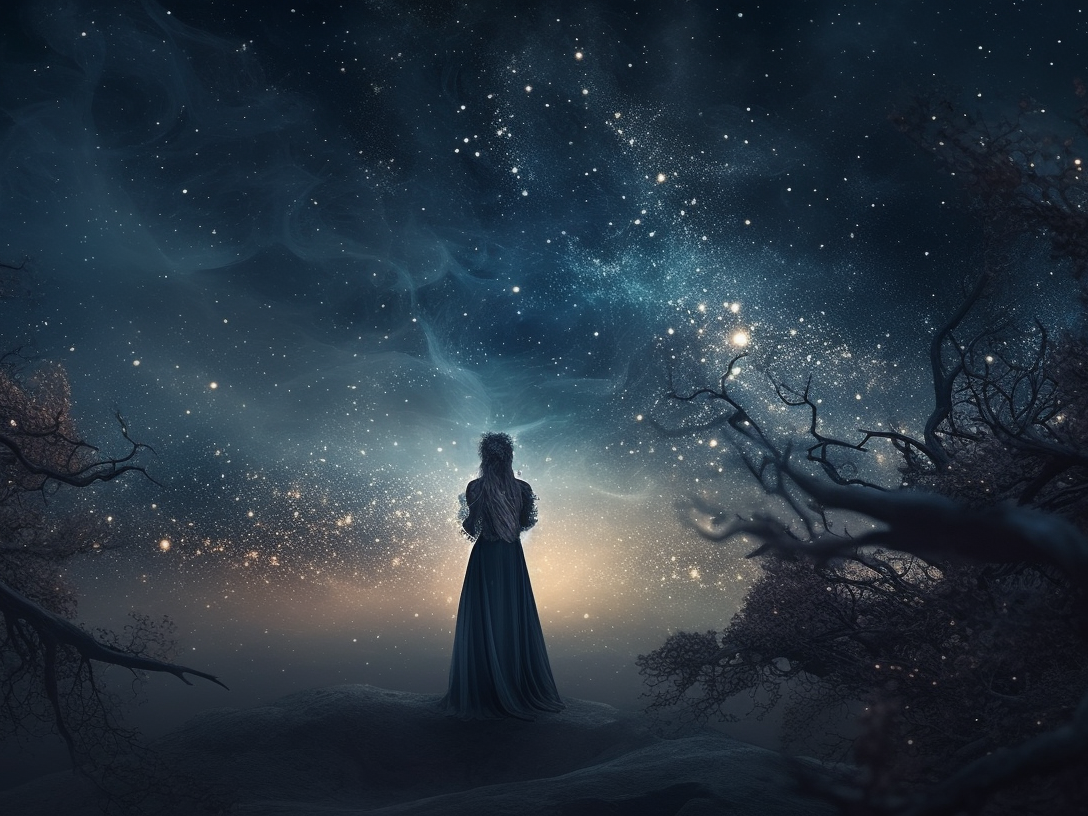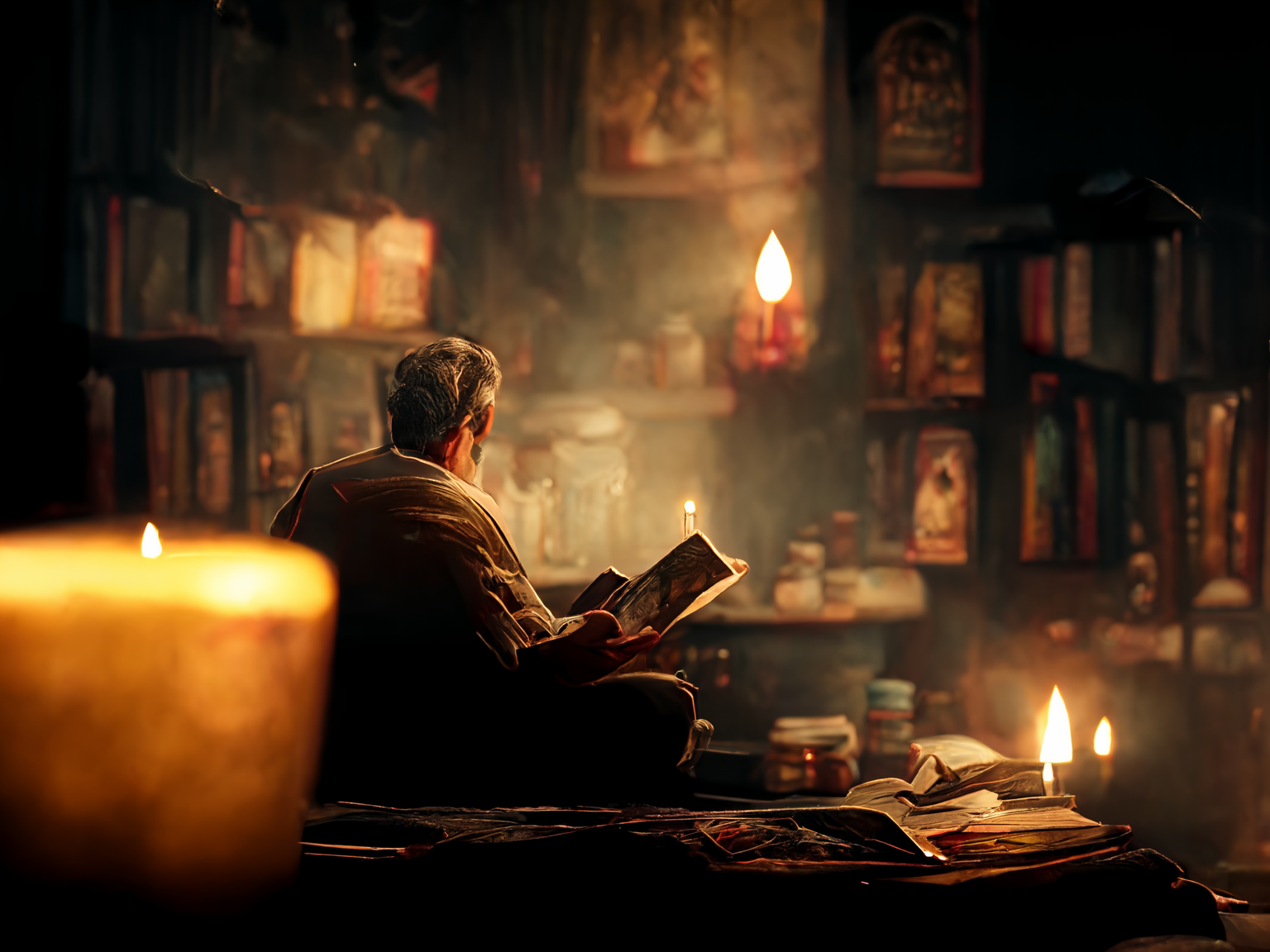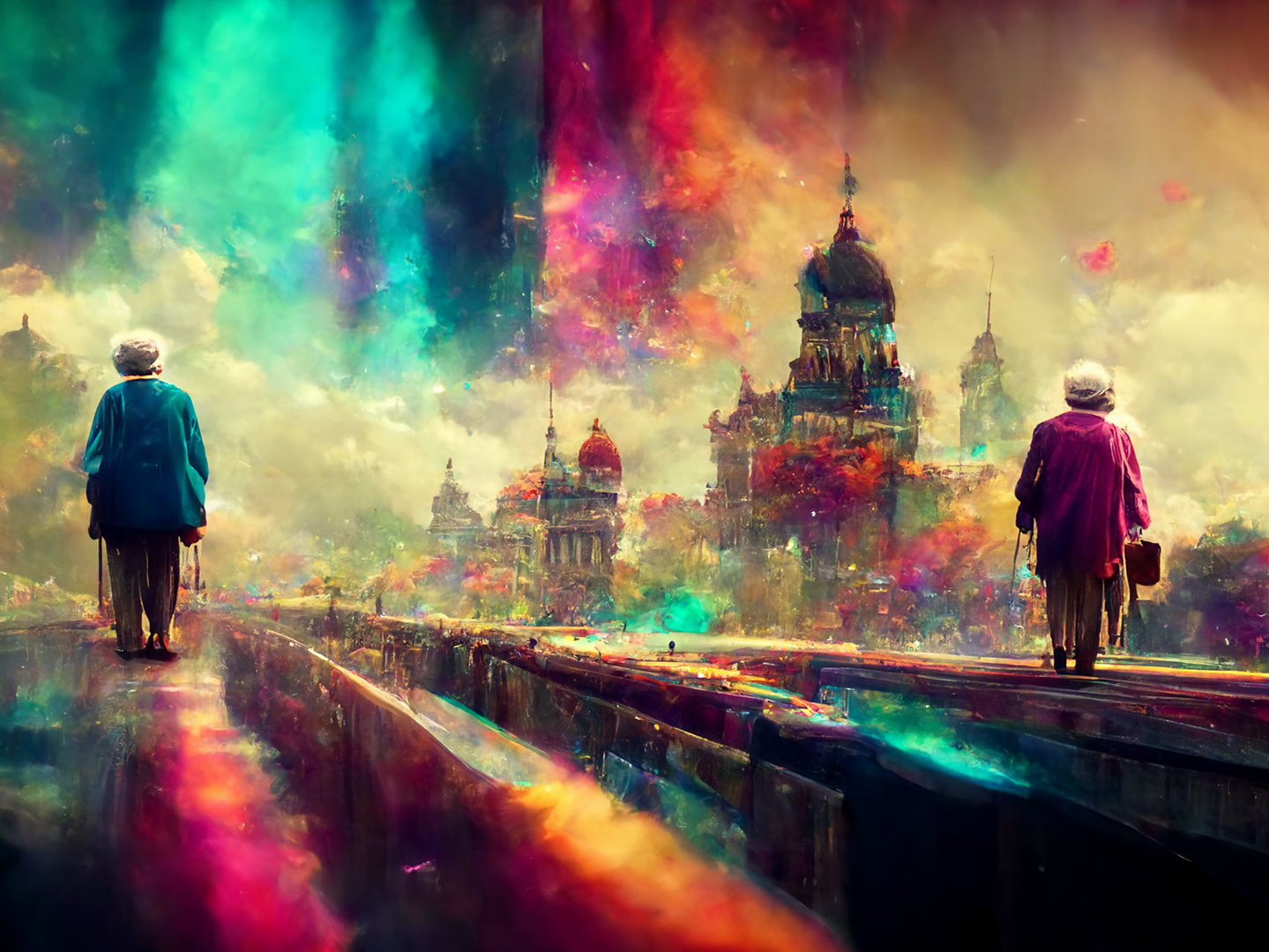Reading Franz Kafka's “The Metamorphosis”, I was intrigued by his vivid description of the transformation from man to insect; the casual awakening as a writhing creature. In the gothic tale of Frankenstein, Mary Shelley writes, “Nothing is so painful to the human mind as a great and sudden change” (Frankenstein). In the case of the unfortunate Gregor Samsa, this could not be more true.
Thinking it all over, I remembered an old Daoist text called “The Zhuangzi”, and the paradox that it presents. The philosopher Zhuangzi explores the philosophy of life and death, the state of being at ease, and the notion of personal identity. The paradox itself involves two characters, a Zhou and a butterfly, connected by a dream. The Zhou, or man, dreams that he is a beautiful butterfly. But, when he wakes up, the question arises: is he a man who dreamt he was a butterfly, or is he a butterfly dreaming that he is a man?
This paradox compares the genuineness of experience against the experience of genuineness, two equally plausible theories of existence. Zhuangzi argues that the transition between dreams and reality is a reminder of the ever-present and unavoidable threat of death, a taste of the unknown that we all experience each night. The Daoist philosopher realizes that both states, the butterfly and the Zhou, are equally valid as they are encompassed by complete identification and total awareness. This depends on one neither knowing nor caring about their own previous states of existence.
When Zhou becomes a butterfly, he does not remember his past life, and this ignorance allows the dream pleasure. In the same way, a man who wakes from a dream quickly forgets the butterfly he was, and can fully enjoy his current state. Dreaming is not a fictional state but rather a means of transformation. Death is merely a more exaggerated and less frequent occurrence of this transformation. The butterfly paradox proposes that death, like life, is a temporary state, experienced without past memory.
That leaves the overarching question, when we dream, are we leaving reality for a fictional world, are we leaving a dream and entering reality, or are we getting an early taste of death? To solve this paradox, it's crucial to understand that both dreams and reality are similarly intense, regardless of the state in which they occur. In an intense dream, we experience things as rationally as we do when we are awake. From this perspective, both dreams and reality are equally valid. Inhabiting a butterfly without the knowledge of Zhou is just as real a phenomenon as the waking experience of Zhou, without remembering the butterfly.
While we may never be certain about which state is “real”, or understand who is the butterfly, and who is the Zhou, this paradox is instead a lesson in realizing the importance of both, rather than searching for a solution. To understand the meaning of Zhuangzi’s writing is to realize that the difference between reality and imagination is not absolute but weighed by the individual.

